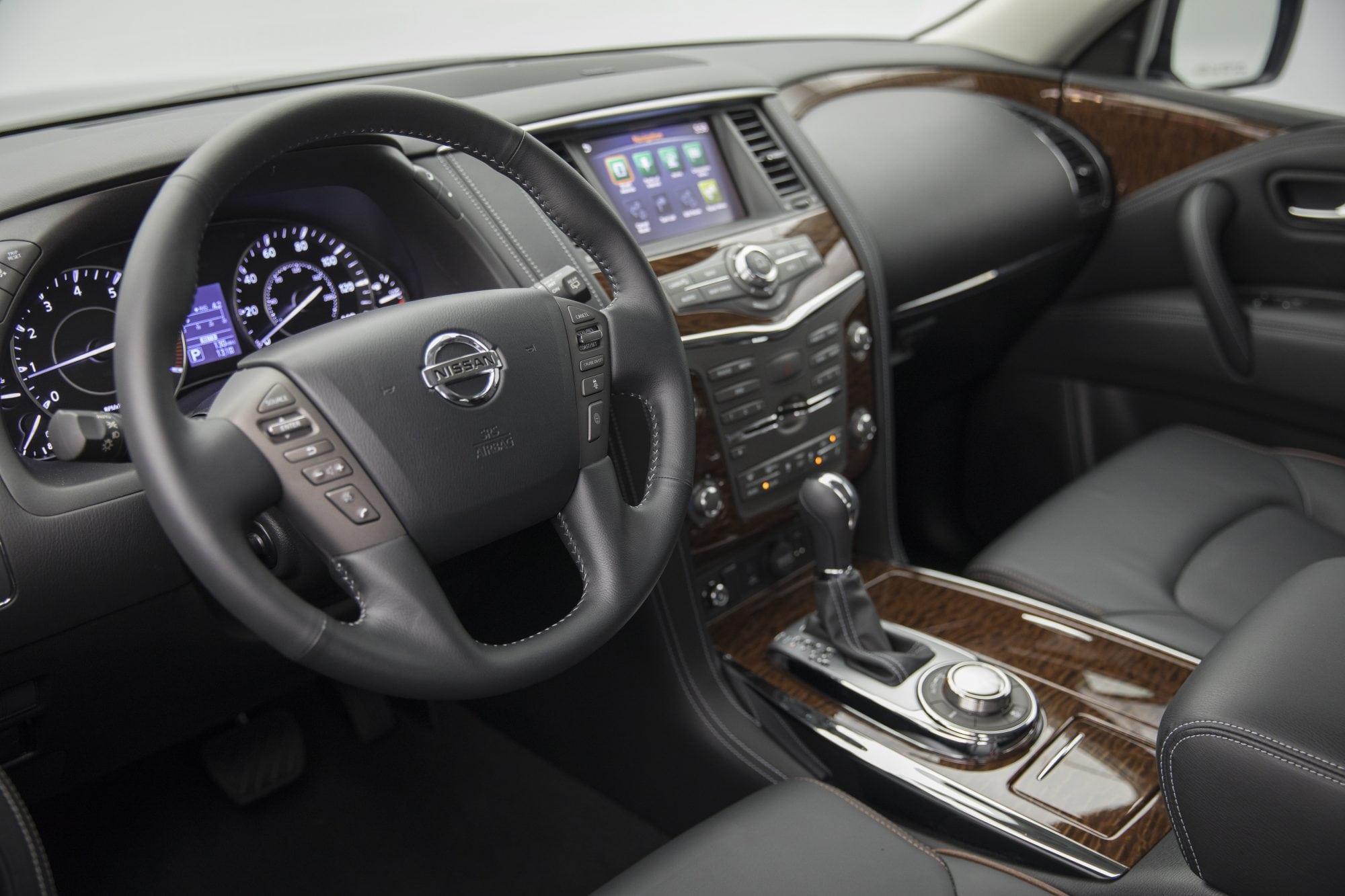A significant percentage of today’s consumers rely on online shopping because of the convenience and other perks that come with it. However, scammers are lurking on social media platforms and cloned websites waiting for their next victim.
Car buyers must protect themselves as the number of online car-shopping fraud is increasing. People have lost millions of dollars over the years due to car scams. Bear these tips in mind whenever you’re buying used or new cars online.
-
Contact the dealer
Unlike an authentic Hyundai dealership that will make the entire process transparent, fraudulent sellers will offer excuses if you suggest to meet them in-person. Also, they won’t want to discuss the transaction on the phone or allow you to physically inspect the car before processing payment.
Some will tell you that they are military personnel or a pilot that have limited access to a phone. They might even be planning to relocate as soon as possible. Such unscrupulous individuals may seem nice but it’s just a ploy to earn your trust.
-
Check the price
Scam car sellers often lure unsuspecting buyers with ridiculously cheap price. They can also make other fake claims that include a tax refund, cheap insurance or free delivery. Some will even suggest payment via direct bank transfer, iTunes cards, and gift cards.
It’s easier to get more information about any product without any hassle online. Given this, find out the current market value of the Hyundai Elantra or any other models you want to buy. It’s safer to rely on a traceable payment option if you discover that the seller is reputable.
-
Visit the website
These types of sellers can pose as representatives from established car-shipping services. They are highly skilled at replicating websites and ads from real listings. They will convince customers to make a deposit into an escrow company and offer a fake vehicle purchase protection program.
Make sure that you search for the real company and ask questions instead of clicking the URL provided by the fraudsters.
-
Think twice before sharing personal information
Con artists will be impatient and want you to make the payment immediately. They will tell you that the paperwork is ready and you have nothing to worry about. Never share your personal information without verifying the model, registration number and other information online.
You should confirm that the escrow company is a licensed one too. Keep your financial information such as bank account information and credit card number private.
-
Consider referrals
This is another easy way to steer clear of car-shopping scams. Chances are you or any of your loved ones know someone who has used online car dealership in the past. Such individuals can provide recommendations based on their personal experiences.
Try to check online reviews and read car buying guide before making payment.
Your best bet is to get in touch with your bank if you’ve already made payment to the fake escrow company. Hopefully, they can still be able to reverse the transfer. Don’t hesitate to report to the FBI department that handles fraud issues immediately.







